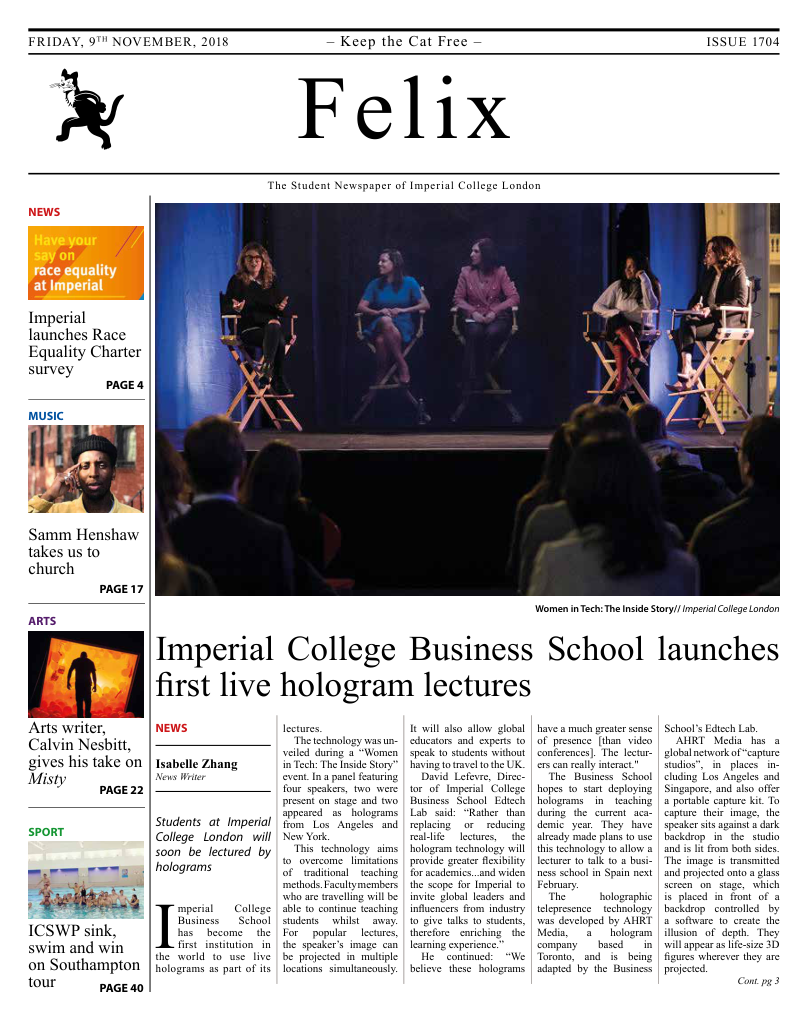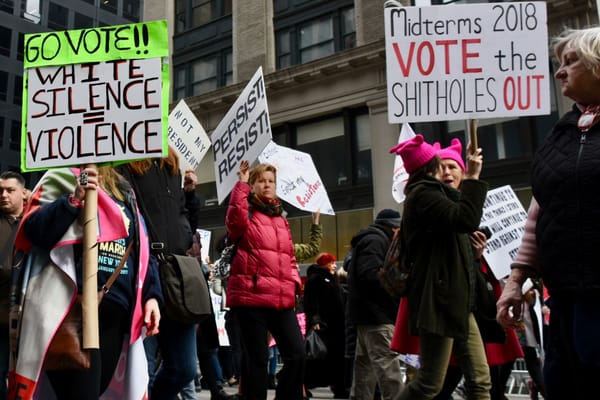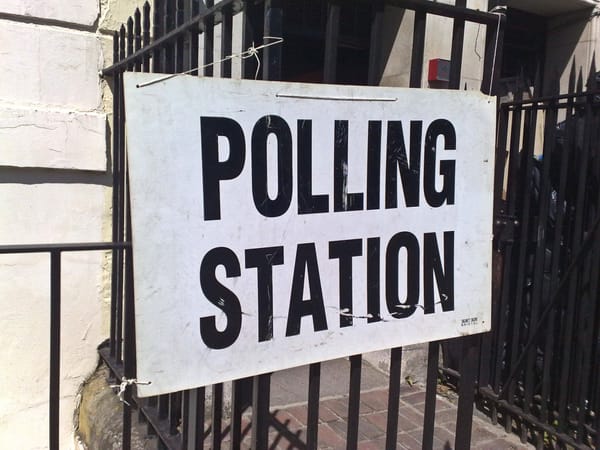With Bolsonaro’s victory in the second round, Brazil goes down a tenebrous path
The President-elect of the South American country is a potential autocrat. His rise is another symptom of the increasingly global strength of the far right.

In last week’s run-off election, Brazil’s fascist-in-chief Jair Bolsonaro won the presidency with 55% of the vote. Yes, fascist is the appropriate description, and let the record show that this was a far from a fair fight. From the 2016 impeachment of the former President Dilma Rouseff on flimsy charges of creative bookkeeping (with even those who led the impeachment process admitting that Rouseff was one of the least corrupt politicians), the Brazilian election was nothing more than a coup masquerading with phoney democratic legitimacy. In fact, until two months before the election, the overwhelming frontrunner was former President Luiz Inácio Lula da Silva, but in an unprecedented act, Brazil’s top electoral court, barred Lula from participating in the election until the Supreme Court decided to acquit him in his appeal. This move went directly against the request from the UN Human Rights Committee that believed that if Brazil’s democratic legitimacy was to be preserved, Lula should have been allowed to stand. Lula’s removal made the results a foregone conclusion, and despite a spirited campaign by Fernando Haddad, in the end it was a hill too high to climb.
So who is the new Brazilian president? Well, Jair Bolsonaro comes with a platter deplorable beliefs. Directly from the Trump playbook, Bolsonaro has fuelled the xenophobic fears over migrants and refugees who in his words are ‘scum of the earth. In regards to gender rights, he has taken his lead from the thuggish Filipino President Rodrigo Duterte, and claimed he wouldn’t rape an opposition politician, Maria do Rosário, because “she is very ugly”. In an ironic twist, the so-called ‘law and order’ candidate “promising to end crime” has openly discussed how he as president would break long standing Brazilian law in employing torture as a legitimate means for interrogation. Bolsonaro’s rise is disappointing for a country that has come a long way in healing its racial diversity, but racist comments like “they [black people] don’t do anything” have stoked fears amongst racial minorities that the new President may try to return Brazil back to its racist past.
Another area in which Brazil have made tremendous strides is in LGBT rights, with civil unions legalised since 2003 and gay marriage since 2013. However in this too Bolsonaro is a cultural dinosaur, having claimed that he would hypotetically prefer his son to be dead rather than gay.
Brazil has come a long way since Lula first came to power in 2002, with over 30 million entering the middle class. Social welfare schemes have reduced income inequality, increased expenditure on education and healthcare have meant that better national outcomes and an average 7% economic growth before the recession that has plagued Brazil since 2014 since the fall in commodity prices. But the rise of Bolsonaro, fuelled by the youth which once was a strong voting block for the Workers’ Party, is in large part a reflection on how the Workers’ Party became complacent. Despite the partisan nature of Operation Car Wash (the anti-corruption investigation), there has been undeniable graft and corruption amongst all political parties. Brazil have witnessed historically high crime rates and the worst recession in Brazil’s history since 2014. Like Brexit, Modi and Trump – Bolsonaro’s rise can be attributed to the failures of the political left. Bolsonaro’s win follows a trend of populist extreme right wingers winning historic races. The young people that propelled Bolsonaro to power did not support him because of his racism, but despite it. Corruption was Bolsonaro’s winning message.
There will be far reaching consequences of this election result, not least environmental degradation and subjugation of tribal rights. Bolsonaro once lamented why the conquistadors didn’t completely exterminate the indigenous people of the Amazon, and has promised that he will not leave a single square millimetre of protected reserved tribal land. Furthermore, despite the Brazillian parliament having nearly universally ratified the Paris Climate Accords, Bolsonaro has threated to tear them up. Logging, mining and big-agriculture has funnelled vast amounts of money to Brazil’s right wing, and their puppet has bragged about how he would rapidly increase Brazil’s deforestation rate. If the recent IPCC report is to be believed, the fate of the world is at state, and Brazil is at the forefront of the climate struggle.
Brazil has been in this road before. Bolsonaro has praised the brutal dictatorship that ruled the country from 1964 to 1985, and has openly said “[he is] in favour of a dictatorship.” And we should believe that he means what he says. Already the President-elect has made a mockery of the independence of the judiciary by appointing the judge Sergio Moro (who had convicted Lula) as the new Justice Minister. Bolsonaro has not even taken is oath of office, yet his goons have been encouraged in physically attacking over 20 universities, trying to suppress dissenting free speech.
In 1922, the first ever mention of Adolf Hitler in the New York Times names him as ‘unselfishly patriotic’ and according to ‘well-informed sources’ Hitler’s anti-Semitism was “not so genuine or violent as it sounded.” History has shown the dangers of minimizing the threat posed by fascists. Throughout the 2016 Presidential election, media outlets were sure that Donald Trump would become more presidential when he won the Republican primary. He did not. Thus, we cannot afford to underestimate the likes of Bolsonaro.









